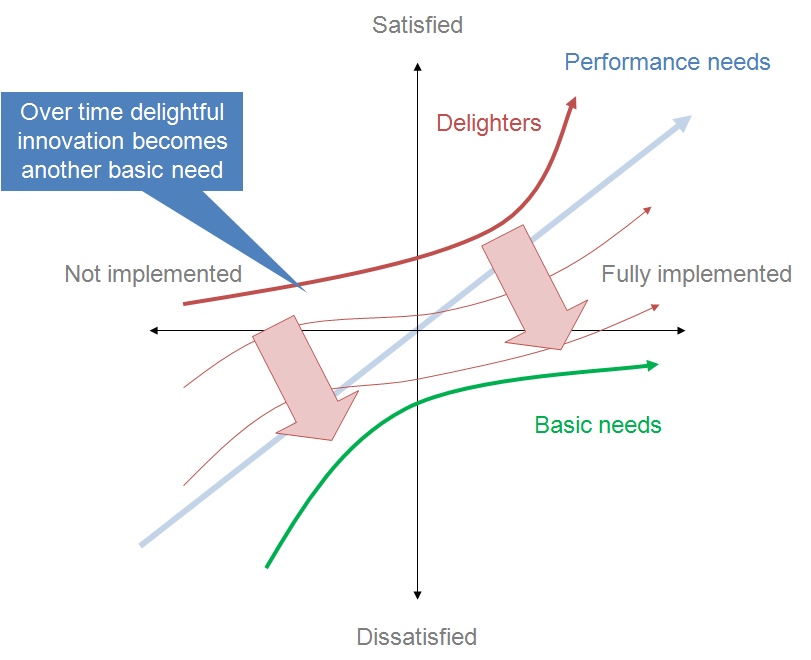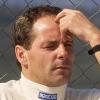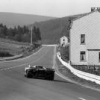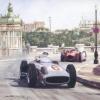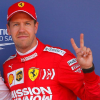1) Schumi did rightly point out that in the days of less refined cars the driver could make more of a difference in lap time. The cars were overall less aerodynamically and mechanically stable and progressive and coupled with a different rule set and vastly different tyres a driver able to push the car to the limit lap after lap after lap was rewarded richly. I think all can remember quite some races in which the performance gaps between teammates were huge.
2) On the other hand Schumi also remarked how close the field was. He could win with the aerodynamically very inefficient Ferrari of 1995 but with a performance wise much closer Mercedes he had little chance to so over the arc of three years. Vast strides in reliability and team infrastructure have made it much more difficult to outlast or outwit another team. If we look at the last seasons we have far less of a gap in laptime between teammates and teams but often a huge difference in points. Even a slight errors or problems by the team or the driver will reflect heavily on the scoreboard. Alonos vs Massa, Vettel vs Webber are just examples at the top.
So to sum it up we have this potential paradox. Exactly in a time when the driver can make no longer a big difference he seems to make a very big one.
Edited by H2H, 03 January 2013 - 16:52.











